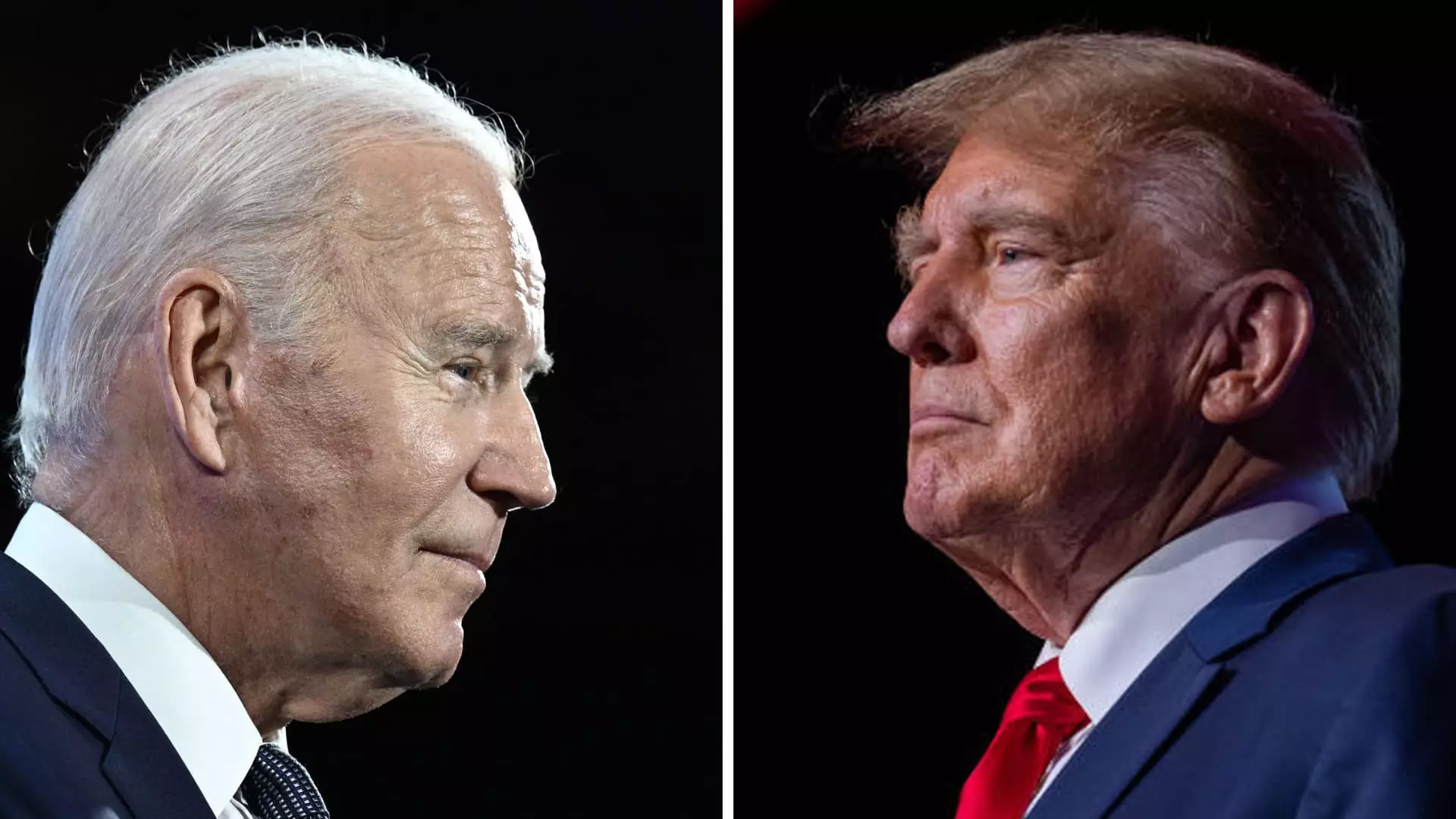As President Joe Biden and former President Donald Trump gear up for the first presidential debate of the 2024 general election, the focus is likely to be on tax policy. Specifically, experts point out that one key issue that may come under scrutiny is the Republicans’ expiring tax breaks which were put into effect through the Tax Cuts and Jobs Act of 2017, also known as TCJA. If Congress does not take action, several provisions of the TCJA will expire after 2025, leading to consequences such as an increase in federal income tax brackets for more than 60% of tax filers. The debate is expected to shed light on how the two candidates plan to address these looming TCJA expirations.
Both the Biden and Trump campaigns share the goal of renewing TCJA provisions for the majority of Americans. However, questions linger about the financial implications of extending these provisions, especially considering the existing federal budget deficit. Extending TCJA provisions in full could potentially result in adding a staggering $4.6 trillion to the deficit over the next decade, according to the Congressional Budget Office. So, while both candidates may want to renew the tax breaks for most Americans, the cost of such extensions remains a topic of concern, given the federal budget deficit.
President Biden’s approach to tax policy leans towards increasing taxes on the ultra-wealthy and corporations. His proposal includes funding TCJA extensions exclusively for those earning less than $400,000. This involves plans to raise the top individual income tax rate for earnings exceeding $400,000, aligning capital gains with regular income tax rates for households making over $1 million, and imposing a 25% minimum tax on wealth exceeding $100 million. However, the fate of these proposals is uncertain, especially with the current uncertainty surrounding control of Congress.
On the other hand, former President Trump’s stance on tax policy remains somewhat ambiguous. While he has expressed intentions to fully extend expiring TCJA provisions, his support for tariffs as taxes on imported goods raises questions. Trump has also floated ideas like eliminating taxes on workers’ tips and implementing an “all tariff policy” to replace income tax. The debate may bring these proposals into focus, providing insights into Trump’s tax policy priorities.
Tackling Tariffs
Both Trump and Biden have shown support for tariffs, though to varying degrees. Tariffs, according to experts, can have detrimental effects on American businesses by increasing input costs and putting them at a disadvantage in global competition. During his term, Trump imposed tariffs on several countries, a policy that has largely been maintained by the Biden administration. The debate may offer a platform for discussing the implications of tariffs and how each candidate plans to navigate this aspect of tax policy.
The upcoming presidential debate on tax policy between President Joe Biden and former President Donald Trump is poised to offer valuable insights into their respective approaches to addressing the TCJA expirations and navigating the complex terrain of tax policy. As voters gear up for this crucial debate, the future of tax policy in America hangs in the balance, waiting to be shaped by the candidates’ proposals and plans.

Leave a Reply